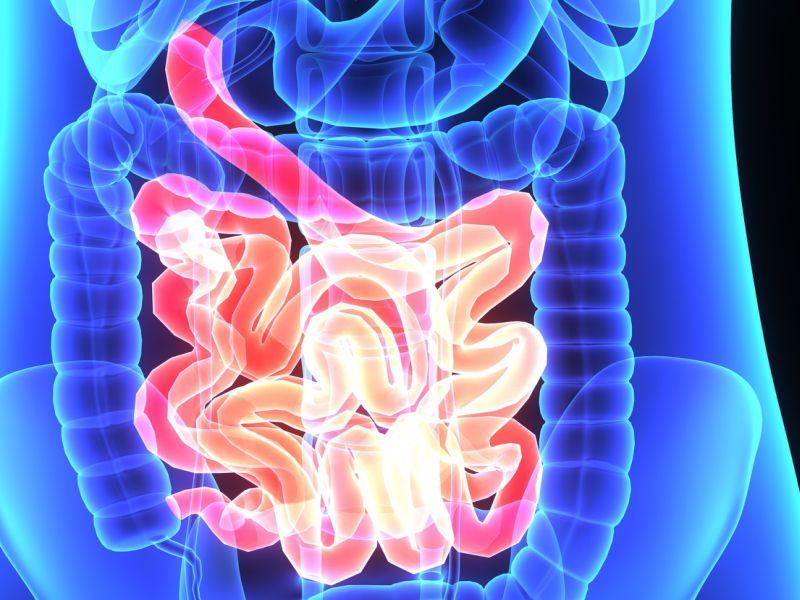
There’s no known cause or cure for irritable bowel syndrome (IBS), which affects more than 15 million Americans, according to the U.S. Food and Drug Administration.
The disorder involves the large intestine (colon). It causes symptoms such as abdominal pain, bloating, cramping, excessive gas, mucus in the stool, and changes in bowel habits (constipation and/or diarrhea).
No single treatment is effective in all IBS patients, so there’s a need to develop new therapies for the condition, said Dr. Tara Altepeter.
Altepeter, an FDA gastroenterologist, noted that the agency is working to make more treatments available to patients.
“There’s a lot of new research about the role of carbohydrates, and specifically a nutrient called polyols, in triggering irritable bowel syndrome in some patients,” Altepeter said in an FDA news release.
“In addition, researchers are more closely examining the role of dietary modification as a treatment for patients with IBS,” she added.
Current treatments for IBS include changes in diet and nutrition, and exercise. Some patients take medications to manage their symptoms, but there are no medications to cure IBS.
“IBS is not like other chronic conditions, such as hypertension, which is constant. IBS is a variable condition. Even without treatment, the problem might go away in some patients. But the symptoms might return after a few months,” Altepeter said.
IBS symptoms can be triggered by certain foods, including those high in carbohydrates, spicy or fatty foods, milk products, coffee, alcohol and caffeine.
“Drugs are a last option. Patients should try dietary modifications, relaxation techniques, and other lifestyle changes, such as exercise, before resorting to medication,” Altepeter said.
Many people with IBS also have to deal with depression, anxiety and other mental health problems.
“Some people suffer from depression and IBS. The question is what’s primary or secondary — what came first?” Altepeter said. “Either way, antidepressants are not a cure for IBS.”
More information
The U.S. National Institute of Diabetes and Digestive and Kidney Diseases has more on IBS.
Source: HealthDay

Leave a Reply